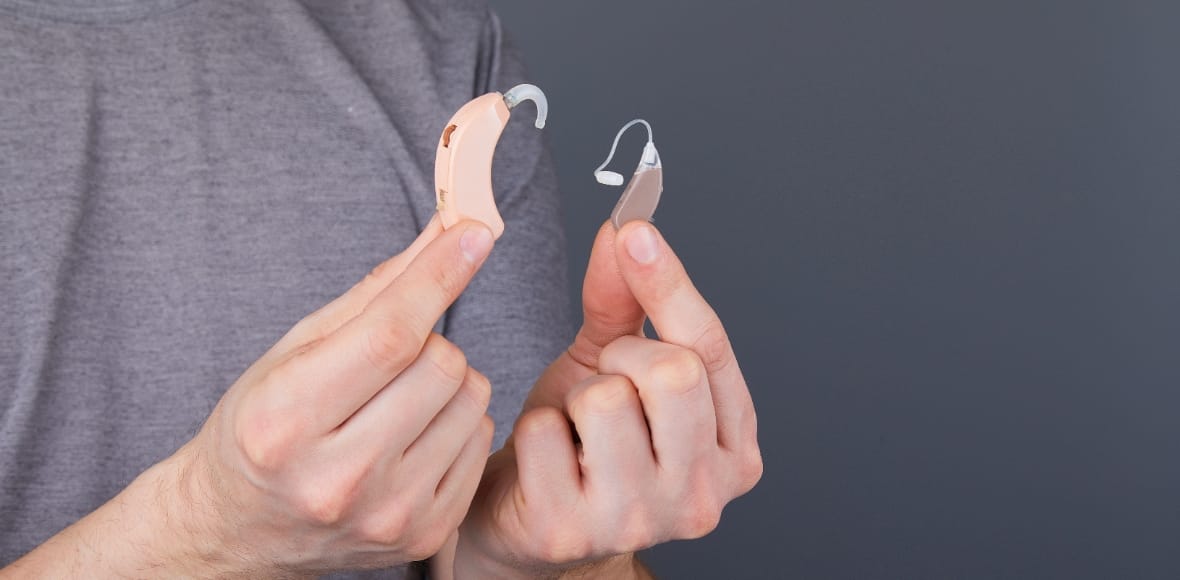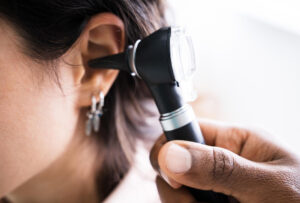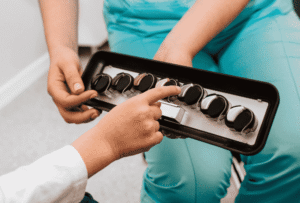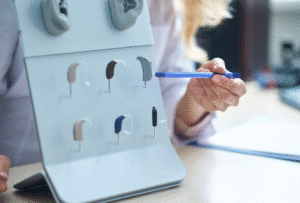Us human beings are born with two ears for a reason. The question still lingers, should you get hearing aids for each of your ear? Wouldn’t it be enough to just get a single piece? After all, hearing aids don’t come at a cheap price.
The short answer is yes, you should get for both of your years. The details below will explain this answer.
1. Binaural summation.
When you wear two hearing aids, you experience binaural summation. You might ask yourself what that is. Simply put, binaural summation is receiving a greater volume of sound because both of your ears are triggered by a stimulus as compared to only a single ear being triggered. Moreover, you are able to better pick out sounds that you actually need to hear both in a quiet and noisy place. Since there are a different sounds with different frequencies, with the help of two hearing aids, you can easily distinguish useful sound from noise.
2. Sound localization helps in keeping you safe.
Sound localization might sound complicated to you, but it’s actually quite simple. Just think of how cats are able to catch mice. Aside from their prey being really small and quick, the hunters have advanced hearing capabilities that allow them to detect where the sound is coming from. It’s the same with people. With two hearing aids, you are able to distinguish whether the sound is a mere noise or an actual sound that you want to hear. But most importantly, safety is guaranteed. Imagine walking on a sidewalk and you hear a bell from a bike or a beep from a car. Sound localization, thanks to both hearing, lets you know where the sound is coming from, which helps you evade danger.
3. Simple because it’s more comfortable.
According to studies, those who use only one hearing aid still face a certain amount of uneasiness during their day-to-day tasks, as opposed to wearing two hearing aids, which is significantly more comfortable. This is because a single hearing aid needs to be amplified to a higher volume in order to compensate for the work that should be allocated for two ears. This makes it uncomfortable for single-hearing aid wearers.
4. It gives both ears the reason to continue.
Unused body parts may eventually deteriorate over time and become less functional as they were before. As with hearing, this is known as auditory deprivation effect and happens when the nerve pathways of the ears are less effective at decoding sounds. This can become very challenging especially when noise overpowers the actual sound that you want to hear or when the sound itself is not loud enough to be heard clearly.
Wearing two hearing aids is what we always advice. However, remember that one hearing aid is better than none at all. Does this article answer some of your questions? If you still have other inquiries regarding hearing aids and hearing loss in general, don’t hesitate to consult with one of our https://usb.ulab.edu.bd/ trusted hearing professionals. Call (632) 523 0098.









